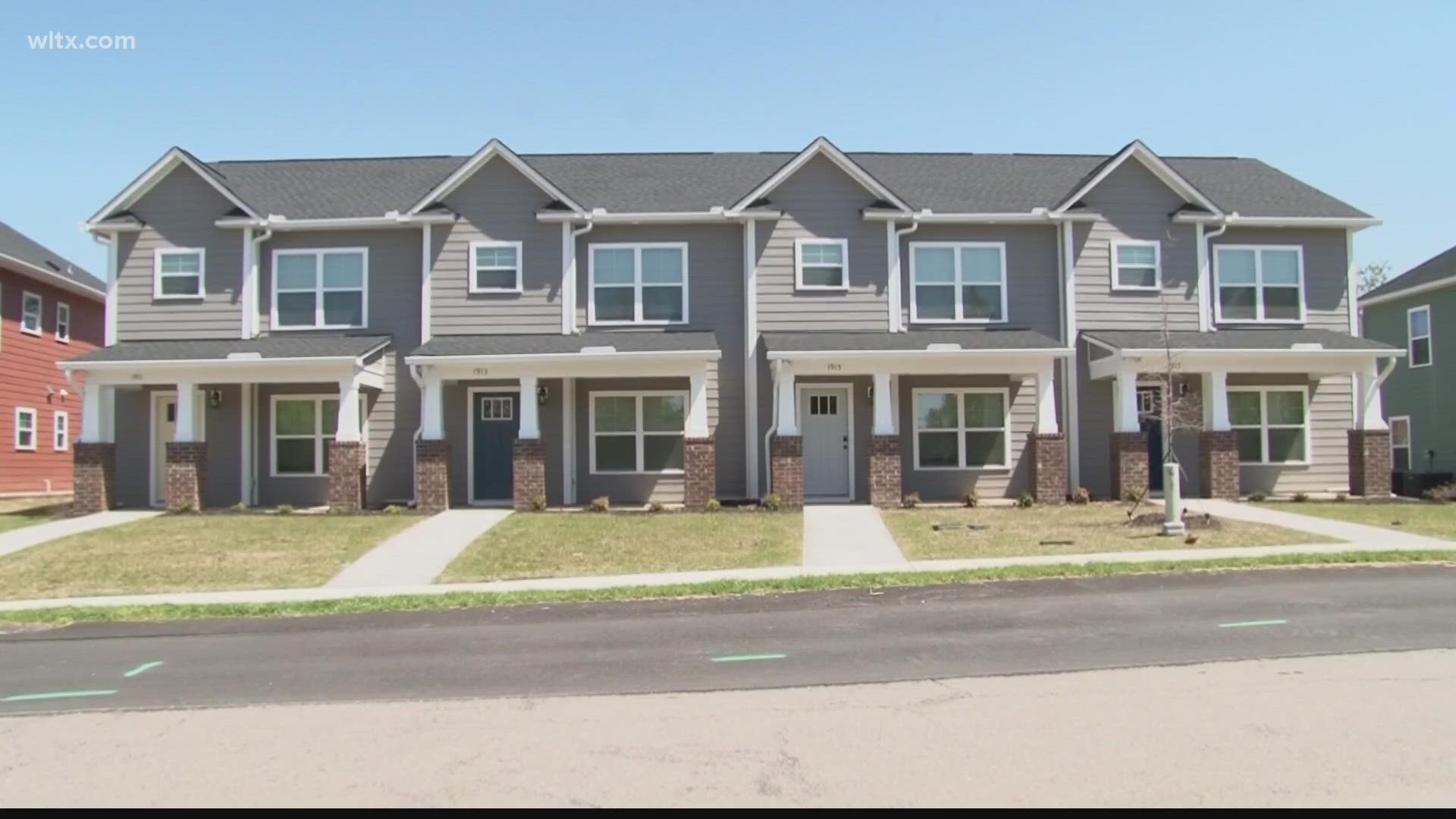COLUMBIA, S.C. — A recent study from SC Housing and USC's Business School show continuing trends for housing in the state.
Rhonda Cortez explains a strong housing market along main street, where she currently owns a home. Most of the time when she sees a place for sale, it's off the market almost immediately. That coupled with her lifestyle has her staying where she is.
"If one goes up, it sells and one recently sold. No one is selling. So I'm seeing ,at least on main street, the market is a lot stronger."
It's a similar scenario for many in South Carolina. That's according to a recent study done by USC's business school in partnership with SC Housing. Joseph Von Nessen is an economist at USC and worked on the project.
"We've seen a significant increase in demand for housing and a relatively low level of supply of housing. This supply and demand mismatch has exacerbated the housing affordability challenges for many South Carolinians, " he said.
He goes on to explain, "We also see additional factors related to housing affordability in the form of rising mortgage interest rates, which have occurred as the federal reserve has been raising the federal funds rate to help get inflation back down."
The study is being done in three phases with the first one being published this week, focusing on supply and demand The study shows that many of South Carolina households are considered low income, making less that $35,000 annually. It also estimates that over 30% of households making between $35,000 and $75,000 annually are housing cost burdened, meaning more than one third of their income is spent on housing.
Von Nessen adds that all housing situations are different but notes buying a house is one of the best investments someone can make. His advice, weigh your options, and don't make a decision that is going to strain your wallet. As for help with low supply, that's going to come from building more housing options.
"We want to see housing demand high, we want to see more people moving to South Carolina, that's good for our economy, but it's important that we respond effectively to those gains by increasing the supply of housing."
The next phase of the project is set to last one month and end by the start of April.

